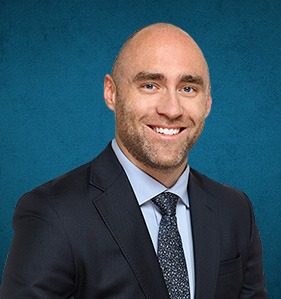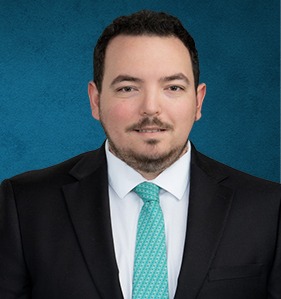The Brain Trauma Foundation (BTF) reports that over 1.5 million head injuries are treated in hospitals across the nation each year. Traumatic brain injury is the number one cause of death and disability in children and adults between the ages of one and 44. On an annual basis, approximately 52,000 deaths will occur due to traumatic brain injury. An astonishing 5.3 million Americans, or two percent of the total United States population, currently lives with disabilities resulting from traumatic brain injuries.
Causes of Traumatic Brain Injuries
Traumatic brain injuries can occur from a wide variety of accidents, but some scenarios give rise to these traumatic injuries at alarmingly high rates. The most common causes of traumatic brain injuries include:
1. Vehicle-related accidents: Crashes involving cars, trucks, motorcycles, pedestrians, and bicycles are all frequent causes of traumatic brain injuries. Though the advent of the seatbelt has decreased the number of head injuries resulting from car accidents, when the crash is severe enough, the head is still at risk. Pedestrians and bicyclists remain among the most at risk. Those injured in car, truck, motorcycle, and other vehicle related accidents can seek compensation from the driver responsible for their injuries.
2. Sports related injuries: It is estimated that between 1.6 million and 3.8 million sports related traumatic brain injuries occur each year. Colorado is home to several major ski resorts and skiing related traumatic brain injuries are common in the state. Other sports, such as hockey, football, baseball, soccer, boxing, and cheerleading, all lead to a high number of traumatic brain injuries. Children are especially vulnerable to traumatic head injuries. The organizers of sports activities can be held accountable if participants are injured due to their negligence.
3. Falls: Slip and falls, along with workplace related accidents, can commonly result in brain injury due to the height involved in these accidents. Those who suffer from a traumatic brain injury on the property of another may be able to file a suit under premises liability law, which holds property owners accountable for dangerous conditions on their property. If an employee is injured in the workplace, he or she may be eligible for workers’ compensation benefits and can sometimes seek additional compensation outside of the workers’ compensation system.
4. Assaults: Attacks and assaults are common causes of traumatic brain injuries, and will sometimes occur on the property of another. Late-night establishments and parking lots become the site of many attacks each year. If negligent security played a role in the attack, the owner or lessor of the property may be held accountable for the traumatic injuries suffered by the attack victim.

John (Jack) Zinda
Founder / CEO
Over 100 years of combined experience representing injured victims across the country.
Available 24 / 7|Free Consultation
Neil Solomon
Partner
Real results matter. We do not get paid unless we win your case.
Available 24 / 7|Free Consultation


























